These days with so many super market labels shouting at you, it can be quite confusing and difficult to decide which bottle of milk to buy. As we're in the middle of Organic September, and to help raise awareness for organic foods in the UK, I'm going to share with you what organic free range milk means in the UK.
This post is sponsored by Arla Foods
Food packaging labels are notorious for getting in consumers' face. All natural! Free range! Organic! Grass fed! You might already be on the lookout for milk that is produced to a higher quality standard and with the animals' welfare in mind, but in those few seconds, with all the enticing colorful labels, it's easy to just grab the bottle of milk with the picture of the cow grazing in a field.
But any brand or company can slap a picture of a happy cow on its packaging to catch your attention. To help you be a conscious consumer, I want to share some information with you about organic free range milk. Or rather, what does organic and free range milk mean?
Choosing organic free range milk means that the dairy farm has the highest animal welfare standard, including allowing the diary cows to graze outside as much as possible, and you are supporting farming practices that work with the natural environment.
Last week, I rode a train out of busy London and spent a day at a family-owned farm in West Sussex, learning about how the farm produces organic free range milk.
Cockhaise Farm is one of the organic free range dairy farms that produces milk sold as Arla Free Range Organic Milk. It raises about 250 dairy cows, and over 20 species of grasses, herbs and legumes.
I didn't fully appreciate the intricacies of organic dairy farms until I realized that farmers such as Dan gave as much attention to the environment and the grazing pastures as they did to the dairy cows. It really makes a lot of sense, because what goes in the cow affects the quality of the diary that the cow produces.
That being said, what does it mean to be an organic free range dairy farm?
What does organic milk mean?
For milk to be labeled as organic milk, the farm must meet standards set by EU law on animal welfare, caring for wildlife, sustainability and production quality.
Essentially this means that organic milk is produced with:
- No artificial fertilizers or herbicides
- No routine use of antibiotics
- A genetically modified free diet
- A high standard of animal welfare
No artificial fertilizers are used on the organic grazing pastures. No genetically modified plants are grown.
The grazing fields are incredibly important because they make up an important part of the cows' diet, and play a key role in the environmental impact of the farm.
Maintaining grazing fields without the use of artificial fertilizers, herbicides or genetically modified plants sounds like no simple feat. Cockhaise Farm grows up to 20 varieties of grasses, herbs and legumes in the fields. By carefully selecting the mix of grasses, herbs, and legumes, the soil naturally stays healthy year after year, and continues to allow grass to grow for the cows to graze on.
As you might be able to tell in the picture, there are a lot of clovers that grow in the field. Clover is a type of legume, and the purpose of growing clover is to provide nitrogen in the soil. That means the farm does not need nitrogen fertilizers, which is a commonly otherwise used, and is known to contribute to climate change.
By working with crop rotation and by growing diverse plant life, organic farms, like Cockhaise Farm, do not need and do not use any artificial fertilizers, herbicides or genetically modified plants. Also when the greenery grows in harmony, there is no need for genetically modified plants.
Organic grazing pastures means an organic diet for the dairy cows
Of course, the diary cows benefit from the diverse grasses that are grown. The dairy cows receive a diet that (1) contains a wide variety of grasses, herbs and legumes, (2) does not contain any artificial fertilizer or herbicides and (3) does not contain any genetically modified plants. Organic dairy cows must receive the majority of their nutrition from grass, and they get this from grazing outdoors for whenever conditions allow.
Organic dairy farming means better animal welfare
A cow's diet is important for animal welfare, but equally important is the limited use of antibiotics and vaccinations. Routine use of antibiotics on dairy cows that produce organic milk is banned. And while the calves do receive some vaccinations, it is on the burden of the farmer to show that the vaccinations are needed (for example if multiple calves have died of a particular illness).
Organic dairy farming also means that cows must be allowed to graze outside, whenever possible. This phrase leads us to the next question.
What does free range milk mean?
Free range milk means that the dairy cows are grazed outside whenever possible.
As opposed to organic milk, which is defined by EU law, there is no official standard on what constitutes free range milk. That means, there is no set minimum number of days the cows must graze outside.
Rather, farmers focus on maximizing the time the cows spend grazing outside. Cows are moved indoors when it might be harmful for the cows to be outside, such as when the weather is poor.
Technically though, this means that all organic milk is free range milk because organic dairy cows must be allowed to graze outside, whenever possible.
At Cockhaise Farm, the cows and calves are outside grazing in grass and clover fields into the autumn months, and weather permitting, the calves are left outside longer, sometimes even into the month of December. But the British winter doesn't allow for the cows to be outside year-round at Cockhaise Farm. The fields are often too muddy, and there isn't enough grass for the cows to graze year-round.
Arla's Organic Free Range Milk
Because "free range" is already included in the requirements of organic milk, Arla's organic milk has always been free range. However to clear any confusion on the packaging, Arla recently changed the name of its organic milk to "Organic Free Range Milk". As of this month, you should start seeing Arla Organic Free Range Milk on the shelves.
You can find Arla's Organic Free Range Milk at Tesco, Asda, Sainsburys, Morrisons, Ocado and Nisa stores.
Hopefully next time you find yourself making the 5 second decision on which bottle of milk to buy, the labels will make a bit more sense.
To leave you with a few recipes you can make with milk:


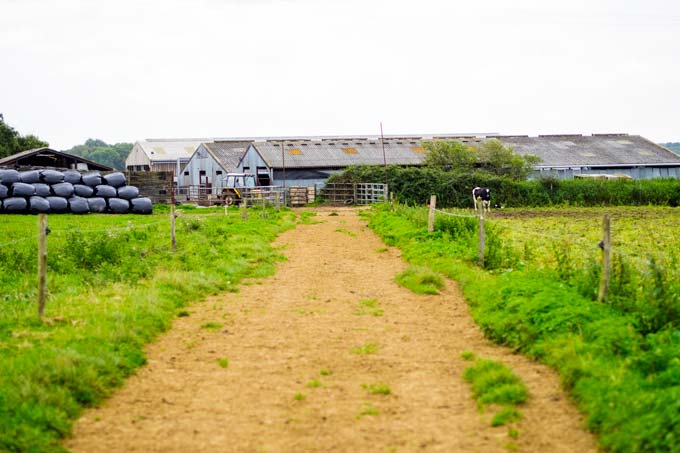
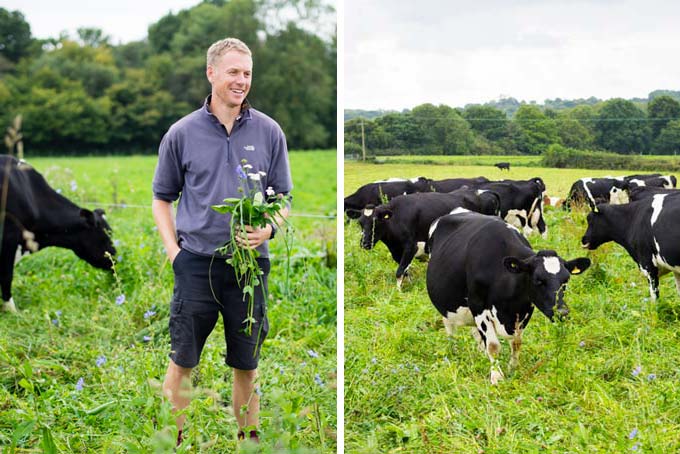
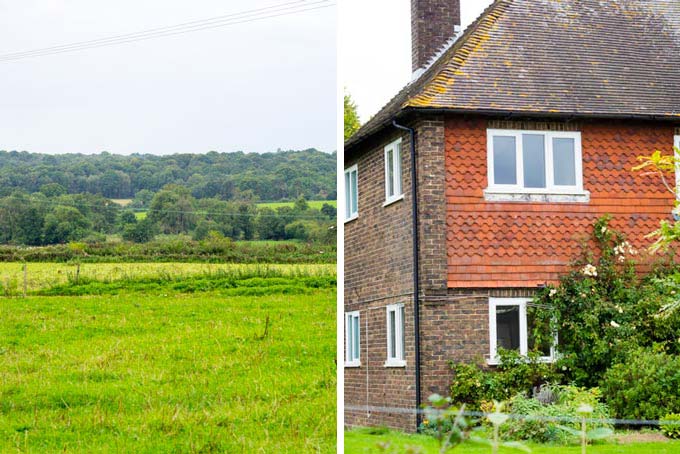
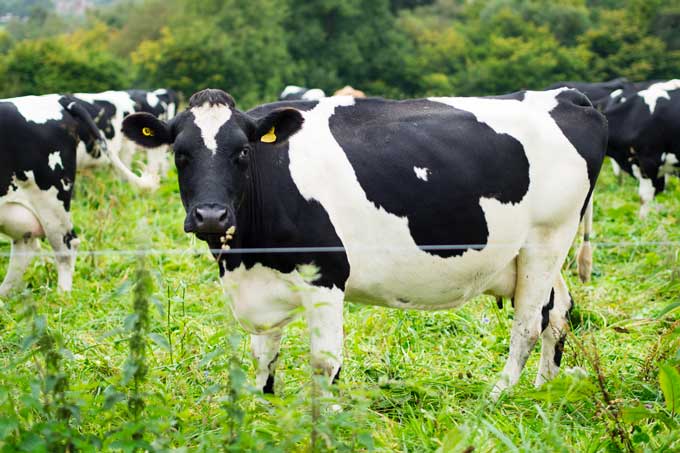
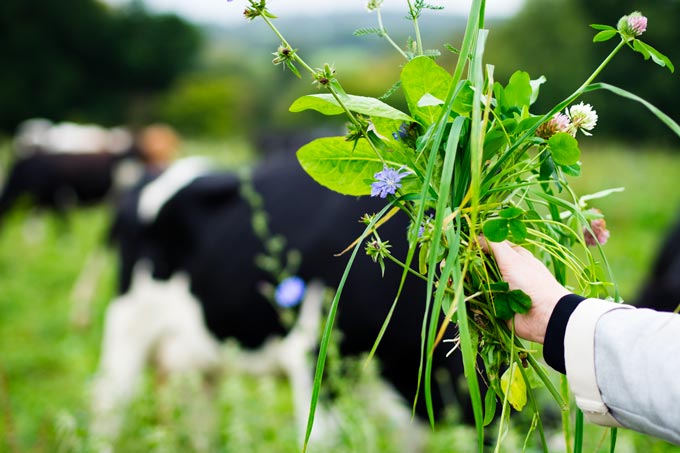
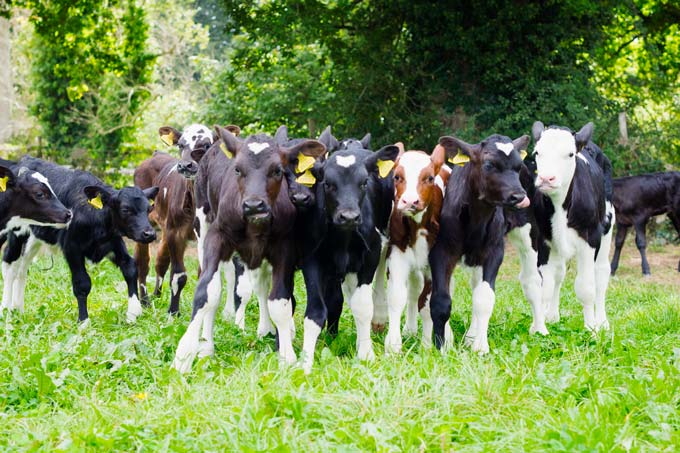
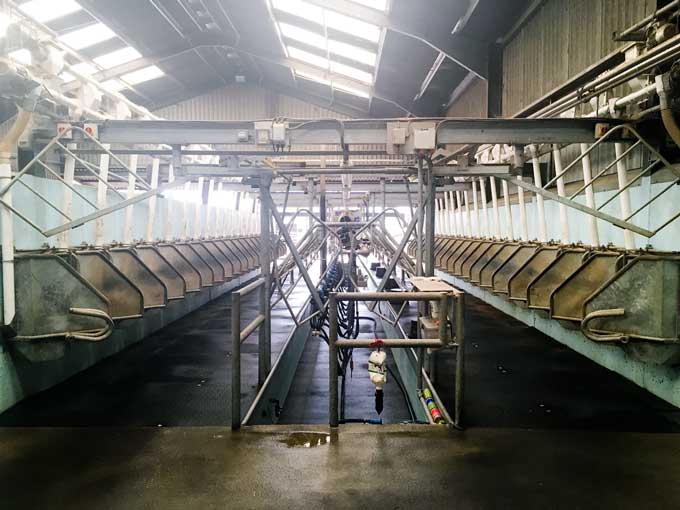
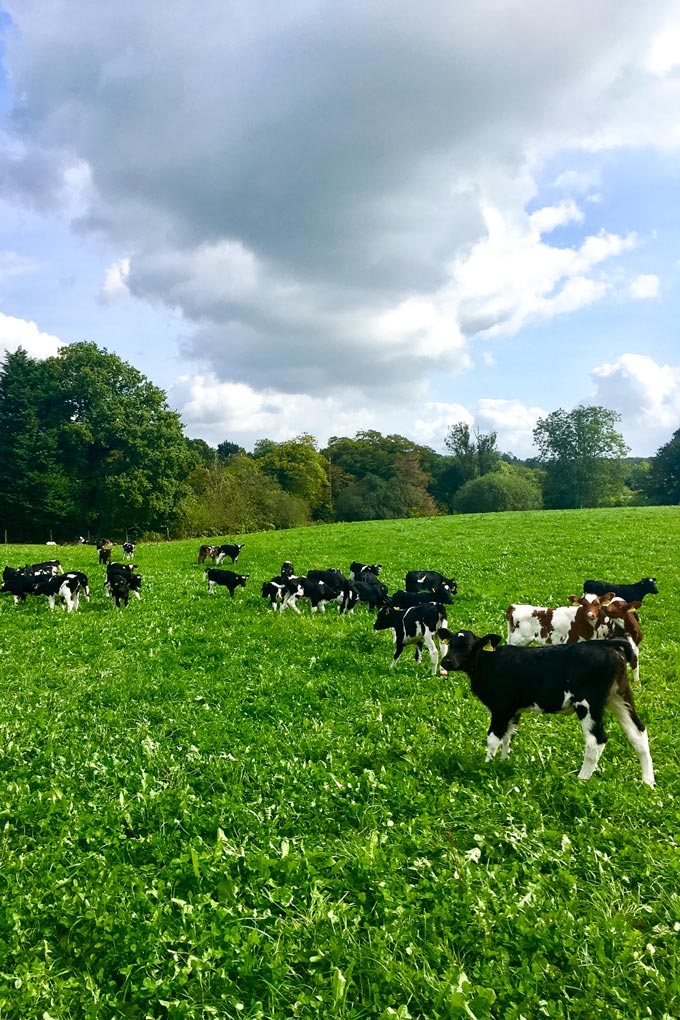
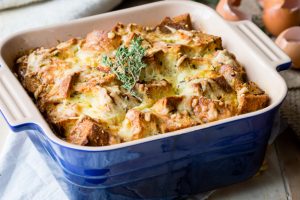
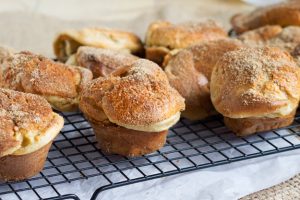

Jonathan Jui says
That's so interesting. Felt like a well-written wikipedia article :D